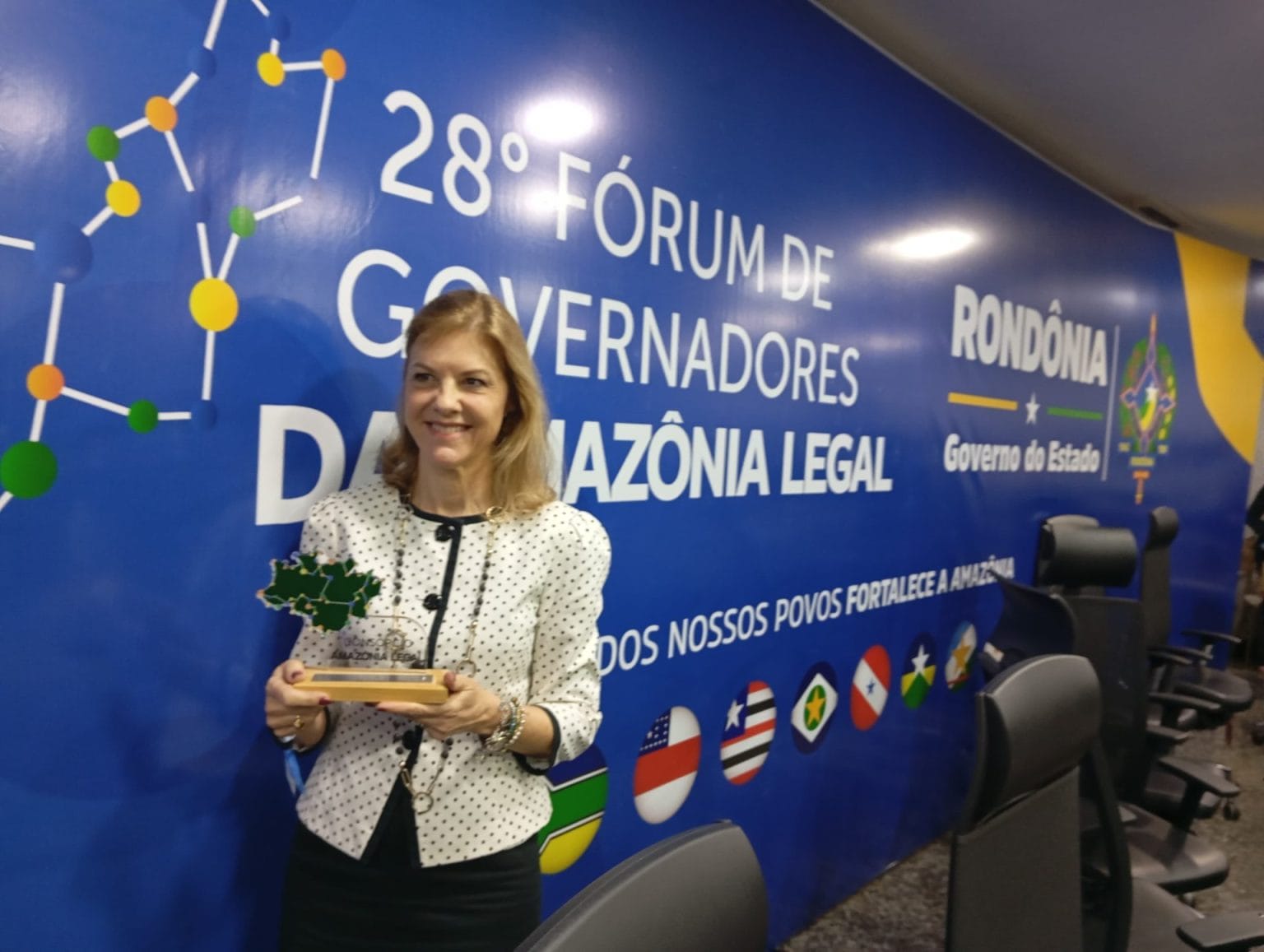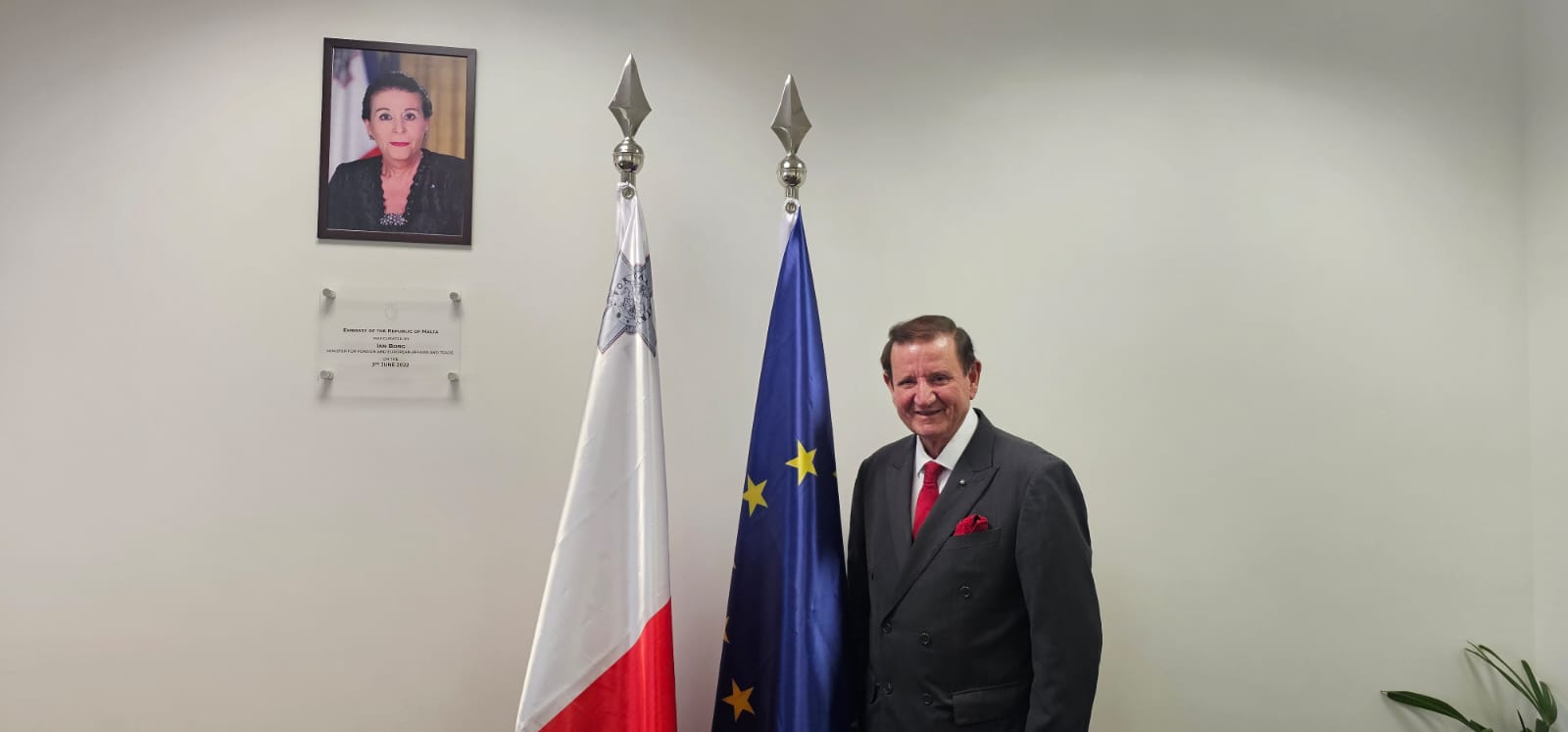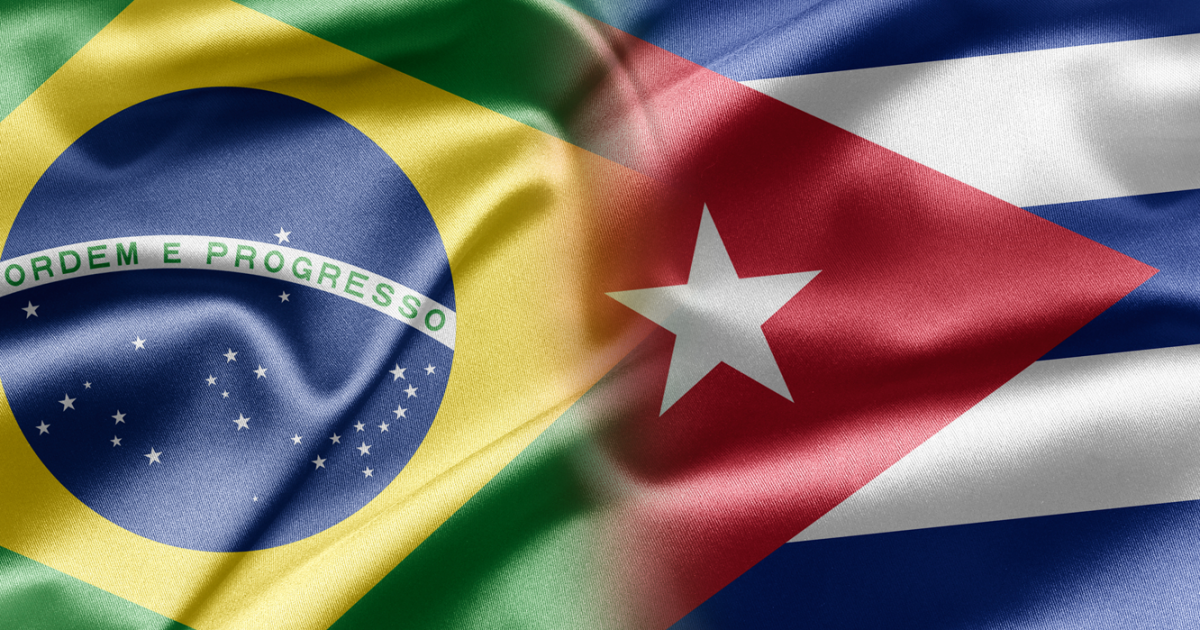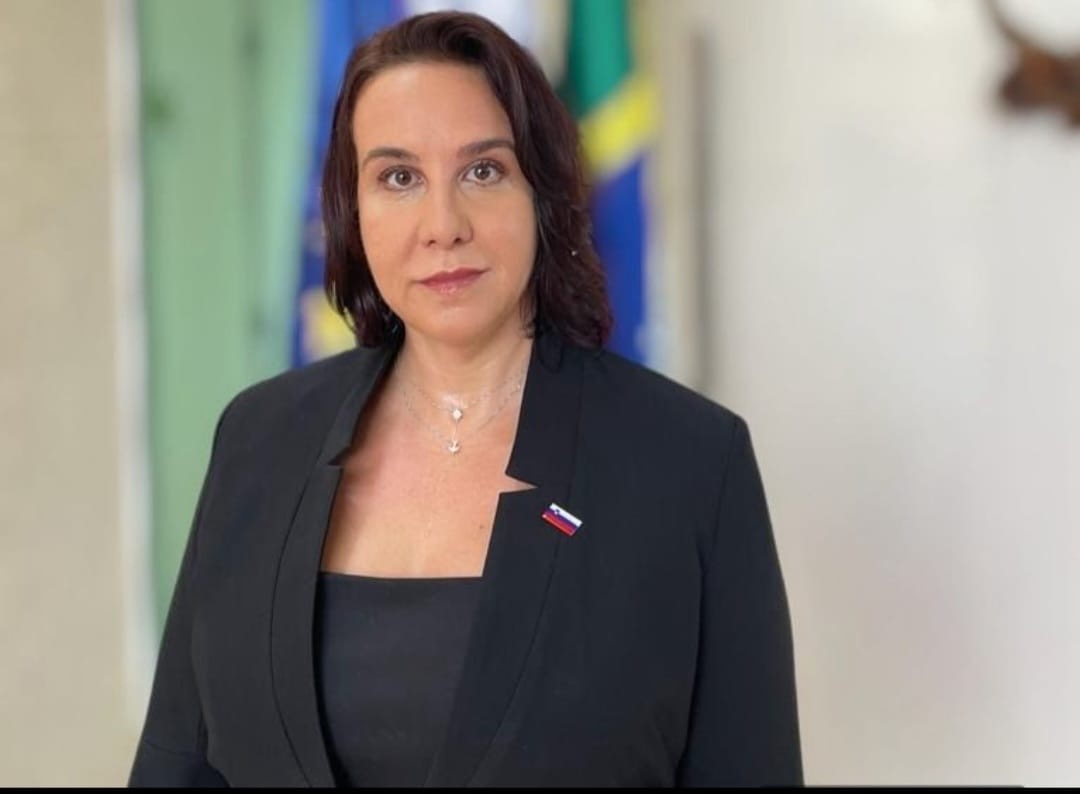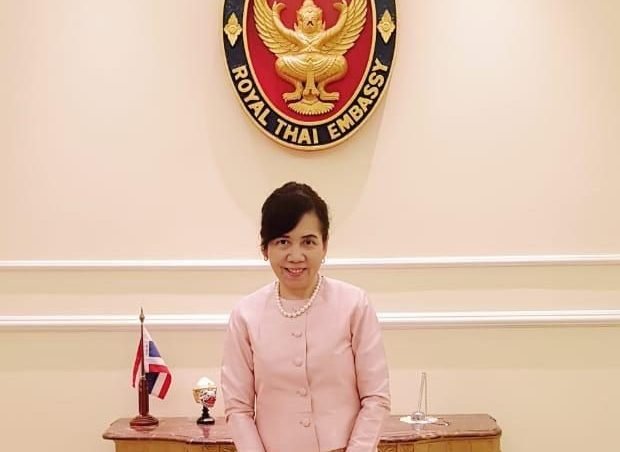“The situation of COVID-19 in Thailand has well progressed with the continuous decrease of the number of new cases “
Interview conceded to Senior Journalist Fabiana Ceyhan
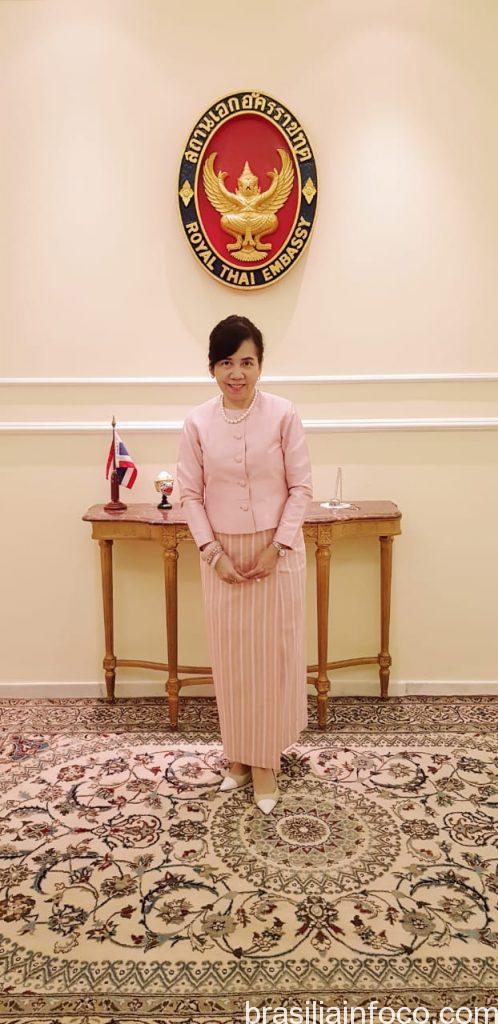
1. Please explain to our readers the situation in Thailand about Coronavirus?
as – Thailand, the country where 11 million Chinese tourists yearly visited, discovered the first case of COVID-19 patient in the second week of January 2020, thereby being ranked 2nd of the number of infected cases in January after China PRC. Since then, the accumulated number of patients, though rising, has been under control especially after the end of March. In April, it seems that Thailand can contain the wide spread of infections by bringing the number of new cases down to a range of 28-35 per day during 12-16 April. – On 17 April, the total number of confirmed cases recorded at 2,700 people while only 28 new cases emerged. Only 964 patients still remain at hospitals while 1,689 already recovered returned home. Thailand now ranks the 51th among the countries worldwide infected with novel coronavirus disease. – The mortality rate in Thailand is not as high as many countries which marks total of 47 deaths on 17 April.
2. What is the country doing to fight the virus?
2.1 Thailand ranks the 6th Best in Health Security among most prepared countries to respond to an epidemic/ pandemic according to Johns Hopkins University and is categorized as the 2nd in the world for sufficient & robust health system which means to treat the sick and protect health workers.
2.2 At the beginning of the COVID-19 outbreak in January, Thailand’s Ministry of Health started implementation of surveillance protocol by fever screening of all direct flights from Wuhan, China to all Thai international airports. Since January, the Health Ministry has recommended people to take precautions by washing hands with water and soap as well as using alcohol gel, wearing masks (later recommended cloth masks not N95), avoiding contacting with patients who have a respiratory disease, and avoiding using hands to touch eyes, noses and mouth or sharing personal stuff with others.
2.3 However, the situation in Thailand from February to March was worsening since the number of new infections significantly increased mainly from large group gatherings such as boxing stadiums, international travelers and night life hang-out. On 15 March, the new cases reached 100 marking the first ever three digits number of infections.
2.4 The turning point was the meeting between Prime Minister and all outstanding medical and public health experts from Ministry of Health, from provincial hospitals and from famous hospitals that belong to medical universities and colleges in order to control the deteriorating situation.
2.5 On 26 March, with the medical recommendations of various experts, Prime Minister of Thailand announced the Declaration of an Emergency Situation from 26 March to 30 April 2020. Certain measures were introduced to prevent, suppress and delay the outbreak which would affect the efficiency in providing medical services and the use of public health resources such as medical personals and supplies to a point where there may be a shortage. The Declaration also emphasized the motto “Stay home, Stop the Disease, for the Nation,” not joining gatherings of large groups of people, and using preventive measures including through the use of surgical masks and hand sanitizer gels, diligently washing hands, not being in contact nor receiving the virus through saliva droplets, practicing social distancing and seeking medical attention when in need. All mean Healthcare a priority. Moreover, it set up the Center for COVID-19 Situation Administration (CCSA) directly commanded by the Prime Minister. Any travelers into Thailand needed to carry on essential documents including the COVID19 free Certificates for the foreigners and the Fit to Fly Health Certificate issued no more than 72 hours before travelling together with a certificate from the Royal Thai Embassy for the Thais.
2.6 Nevertheless, due to the two factors namely the violation of people to hang outside in the evenings and the influx of the Thai nationals from overseas to the Kingdom which caused the increasing number of new infections, the Government further applied 1) curfew banning people to go out during 10.00 p.m.-4 a.m. 2) temporary ban on all international flights to Thailand from 4 April to 30 April. However, only special (repatriation) flights are allowed by quota and the Thai passengers on board subject to 14 day State Quarantine
2.7 With all tough measures, the COVID-19 situation in Thailand has apparently been mitigated with the continuous drop in daily rate of new cases.
3. When is Thailand expecting to get back to normal?
3.1 According to the spokesperson of CCSA and the Department of Disease Control, though the situation of COVID-19 in Thailand has well progressed with the continuous decrease of the number of new cases, the related agencies should not let their guard down on strict measures especially social distancing, to reduce the chance of spreading the disease. Both of them cited the experience from some countries which hurried to exercise relaxing measures but turned out to be a tremendous increase of new confirmed cases in one day. 3.2 However, the Prime Minister and CCSA have been recently discussing on the exit strategy which would take into consideration of all aspects.
4. What do you think Thailand can give as an example to the world?
Please share the country experience? 4.1 Public awareness and public cooperation is important key to the success. So the most importance is to communicate with the people. After the establishment of CCSA, the Prime Minister appointed a psychiatrist (not politician), the Spokesperson of Ministry of Public Health as CCSA Spokesperson and he has been the only one who communicates with the public on daily situation as well as giving analysis, knowledge and recommendations. 4.2 Another key factor to the success is the healthcare monitoring system in Thailand. WHO or World Health Organization praised Thailand for having a good healthcare system, with more than 1 million village health volunteers who efficiently take care of their communities. They have been assigned to check on local households and villagers in quarantine, instruct people with proper knowledge and encourage social distancing in the communities. The volunteer network is considered an important mechanism in Thailand’s strong healthcare system.
